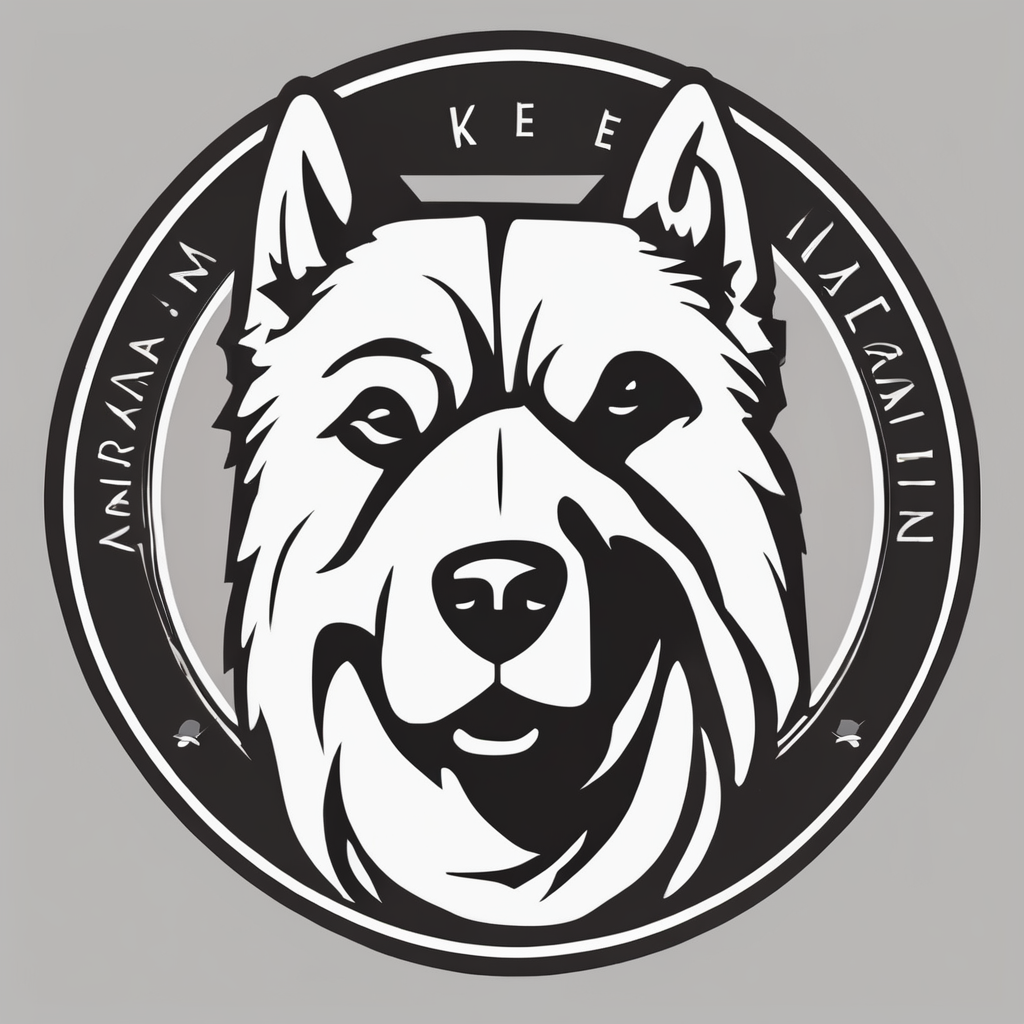Understanding Arthritis in Senior Dogs
Arthritis is a common ailment in senior dogs, manifesting in several types, including osteoarthritis and rheumatoid arthritis. Osteoarthritis, the most prevalent form, results from wear and tear on the joints over time. Rheumatoid arthritis, although less frequent, involves an immune system attack on joint tissues.
Detecting the early signs of arthritis is crucial for managing your dog’s comfort and health. Key symptoms include:
A lire également : Pro Tips for Safely Grooming Your Newfoundland’s Webbed Paws and Avoiding Infections
- Noticeable stiffness, especially after rest
- Difficulty rising or climbing stairs
- Reluctance to engage in physical activities they once enjoyed
Be vigilant for these signs as they indicate the discomfort and potential pain your dog may be experiencing.
Early detection can significantly ease the progression through timely veterinary consultations. A vet can provide a thorough examination and suggest tailored treatments to improve your pet’s quality of life. Regular check-ups ensure that any adjustments to their treatment plan can be made effectively. By staying informed and attentive, you can help mitigate the impacts of arthritis on your senior dog, fostering a higher standard of care and comfort.
En parallèle : Effective Techniques to Overcome Fear-Based Aggression in Your American Bulldog
Practical Strategies for Comfort and Care
Ensuring comfort and care is vital for senior dogs dealing with arthritis. Effective pain management is key; consult your vet for a tailored approach. Various medications and therapies can significantly ease discomfort. Maintain a balance between rest and gentle activities to help preserve joint mobility.
Creating a comfortable living environment involves more than just physical comfort. Use soft bedding and install ramps to reduce the need for your dog to jump or use stairs. Ensure that your pet’s favourite resting spots remain accessible, encouraging rest while supporting their joint health.
Routine vet check-ups assist in monitoring your dog’s condition. These visits provide an opportunity for vets to assess the effectiveness of current treatments and suggest alternatives if needed. Additionally, explore alternative therapies like acupuncture or physical therapy under professional guidance. These options can complement conventional treatments, further promoting comfort strategies.
Ultimately, by focusing on these strategies, you can profoundly decrease discomfort and improve your dog’s wellbeing. Prioritising their environment alongside medical care ensures a holistic approach to arthritis management, fostering a higher quality of life for your furry friend. The combination of medical guidance and a nurturing home atmosphere can greatly enhance your pet’s daily comfort.
Dietary Recommendations to Support Joint Health
Joint health diet plays a critical role in managing arthritis in senior dogs. Proper nutrition can ease symptoms and enhance joint mobility. A balanced diet, rich in Omega-3 fatty acids, can reduce inflammation and support overall health. Foods like fish oil or flaxseed oil are excellent sources.
Incorporating joint supplements like glucosamine and chondroitin can offer additional relief. These supplements can potentially improve cartilage health, providing long-term benefits. Always consult your veterinarian before adding any supplements, ensuring they suit your dog’s specific needs.
Maintaining a healthy weight is crucial. Excess weight exerts additional pressure on already strained joints, exacerbating discomfort in arthritic dogs. Portion control and a diet low in unnecessary calories can contribute to maintaining the ideal weight for your furry friend.
Hydration is another vital aspect of a nutrition plan. Ensuring access to fresh water throughout the day prevents dehydration and supports all bodily functions, including joint lubrication. For increased nutritional value, consider using a water bowl with a built-in filter.
Overall, taking a meticulous approach to your dog’s dietary regime can significantly impact their quality of life. Collaboration with a vet can help tailor a diet that addresses specific challenges of arthritis in senior dogs.
Home Remedies for Arthritic Dogs
Arthritis in senior dogs often prompts the search for effective and gentle home remedies to offer relief. Understanding holistic care options can make a significant difference in managing discomfort associated with arthritis.
One popular option is heat therapy, which helps soothe stiff joints and improve circulation. Using a warm compress, damp towel, or heated pad for short periods can provide relief. Conversely, cold therapy can help reduce inflammation and swelling, especially after physical activity. Wrapping ice packs in a towel and applying them to affected areas may ease discomfort effectively.
Aromatherapy is another natural treatment gaining attention. Essential oils like lavender can promote relaxation in dogs; however, it’s crucial to consult a vet for safe use guidelines to avoid any negative effects. Incorporating gentle massages alongside these therapies can further alleviate pain and improve your dog’s mobility.
Beyond these remedies, ensuring your dog a comfortable and supportive sleeping area is vital. Orthopaedic beds can cushion achy joints and provide necessary support during rest periods. These holistic treatments, while not a replacement for veterinary care, can complement medical approaches and enhance your pet’s quality of life.
Resources and Support Networks for Dog Owners
In managing arthritis in senior dogs, connecting with resources and support networks can provide invaluable assistance. Dog owner resources in the UK offer a plethora of information to improve the care of arthritic pets. Organisations, such as the RSPCA, allow access to forums and local support groups where you can share experiences and gain insights. Engaging with these communities ensures you have a support system in place, easing the emotional and physical challenges that come with caring for an arthritic dog.
UK veterinary support is crucial, with many clinics offering specialized dog care services, including tailored treatments for arthritis-related issues. Veterinary hospitals frequently run workshops to educate dog owners on effective management techniques, ensuring your pet receives the highest care standard.
Additionally, online forums dedicated to dog owner support offer 24/7 access to advice and peer discussions. They are excellent platforms to exchange tips about managing senior dogs’ conditions, creating a reassuring environment for exchanging concerns and solutions. By leveraging these resources, you enrich your ability to provide informed, compassionate care, ultimately enhancing your pet’s quality of life.
Expert Advice and Pro Strategies for Managing Arthritis
Navigating the complexities of arthritis in senior dogs necessitates specialized knowledge, where expert advice becomes invaluable. Veterinary advice emphasizes the importance of personalized dog care. Tailoring interventions to fit your dog’s specific needs ensures more effective management of arthritis symptoms.
Expert tips often include multi-faceted approaches, blending medication with lifestyle adjustments. Strategies such as consistent low-impact exercises can maintain joint mobility without exacerbating discomfort. Collaborating with professionals enables you to strike the ideal balance, crafting a routine that supports your dog’s health.
Exploring pro strategies through real-world case studies, we observe the impact of innovative treatments. For instance, introducing hydrotherapy or customised physiotherapy sessions has shown efficacy in easing pain. These methods, backed by evidence, showcase the potential for non-invasive solutions in managing arthritis.
Engaging with a veterinary advice network can provide insights into new therapies. Staying informed about advancements in arthritis treatments ensures that your care approach remains current. Ultimately, combining professional guidance with personalized strategies helps improve your dog’s quality of life, illustrating the power of expert-led, empathetic care in addressing arthritis challenges.

